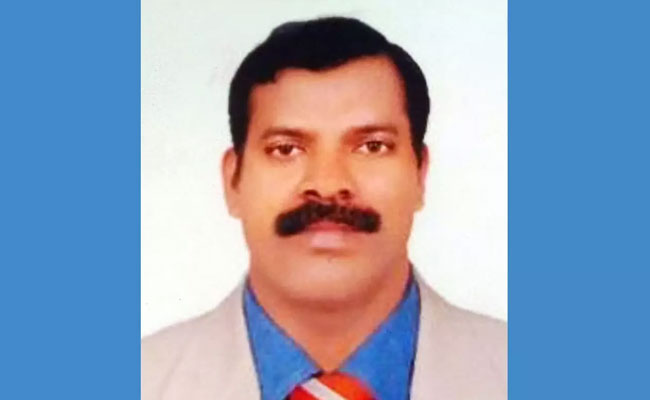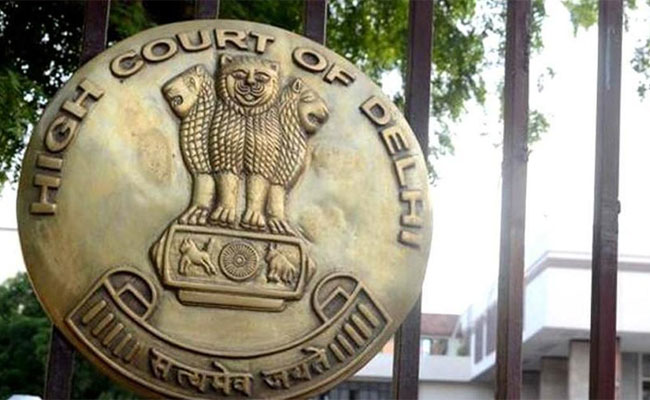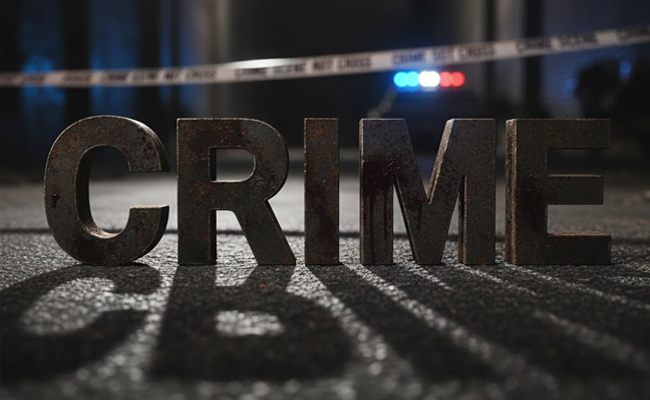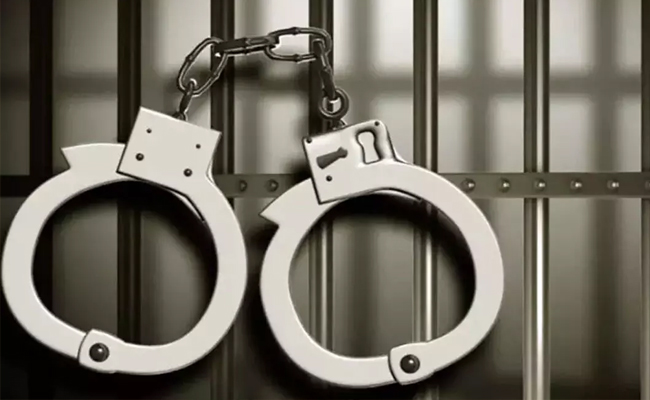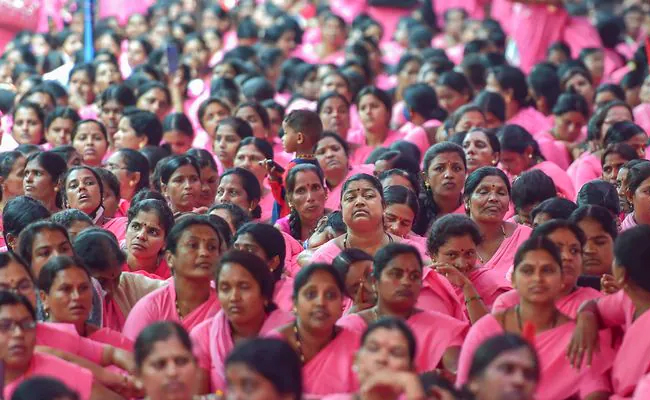Moodbidire: Guruva Mogera, a teacher at Kallamundkur Government School, has been arrested by police after being on the run while facing charges under the Protection of Children from Sexual Offences (POCSO) Act for allegedly molesting female students.
Mogera, who had served as a teacher at the school for two decades, had a case registered against him at Moodbidire police station on March 14 for the alleged sexual harassment of a minor girl student. Subsequently, the case was transferred to the city's women's police station.
Despite applying for anticipatory bail in the District Sessions Court, Mogera's plea was rejected. He was eventually arrested by a joint operation involving Moodidire Police, Women's Station Police, and CCB Police and has been remanded in judicial custody.
The revelation of Mogera's actions came to light when a case of sexual harassment involving a female student was disclosed on February 28. Following a complaint filed by the school's principal on March 13 at Moodbidri police station, an investigation was initiated. Despite local allegations of police indifference, efforts were intensified, leading to Mogera's arrest.
Continuous coverage by 'Vartabharati' highlighted community concerns, prompting protests against perceived police negligence. Ultimately, the concerted efforts of multiple police teams resulted in the successful arrest of the accused teacher.
Let the Truth be known. If you read VB and like VB, please be a VB Supporter and Help us deliver the Truth to one and all.
New Delhi (PTI): Merely breaking up may not amount to instigation for a case of abetment of suicide under the criminal law, the Delhi High Court has said.
Justice Manoj Jain made the observation while dealing with a bail plea by a man accused of abetting the suicide of his former partner, who hanged herself five days after his marriage to another woman.
Granting bail to the accused, the court observed that the instigation should be of such a nature that leaves the deceased with no option but to commit suicide.
It said only a trial would establish whether the deceased's "extreme step" was on account of provocation, instigation, "merely on account of her being hyper-sensitive girl" or for some other reason.
ALSO READ: ASHA workers threaten indefinite strike from Feb 27 over rationalisation order, pending demands
In the present case, the court noted, there was no dying declaration, and the parties were in a relationship for around eight years, during which there was no complaint from the deceased.
The court observed there was a considerable time gap between the date when the parties stopped talking and the date of the suicide.
"Apparently, it seems to be a case of a broken relationship and quite possibly, the deceased, having come to know that the applicant has got married to someone else, has chosen to finish herself," the court said in the order passed on February 24.
"Though broken relationship and heartbreaks have become common these days, mere breaking-up of relationship may not per se constitute instigation so as to make it to be a case of abetment under Section 108 BNS (abetment of suicide)," the court order read.
According to the father of the deceased, his daughter had been trapped by the accused, who pressured her to convert to his religion for marriage, and it was under such pressure that his daughter committed suicide by hanging herself with a chunni in October 2025.
The accused was arrested in November 2025.
The court observed that, according to the woman's friends, she was upset, and they never claimed anything on conversion. The accused had stopped talking to her from February 2025 onwards, it said.
According to the order, the man was let out on bail on a personal bond and surety bond of Rs 25,000 each.
The accused submitted that the parties were in a cordial relationship for around eight years, but the woman's parents were against the relationship since they belonged to different religions.
He alleged that it was her parents who forced her to sever the relationship.

